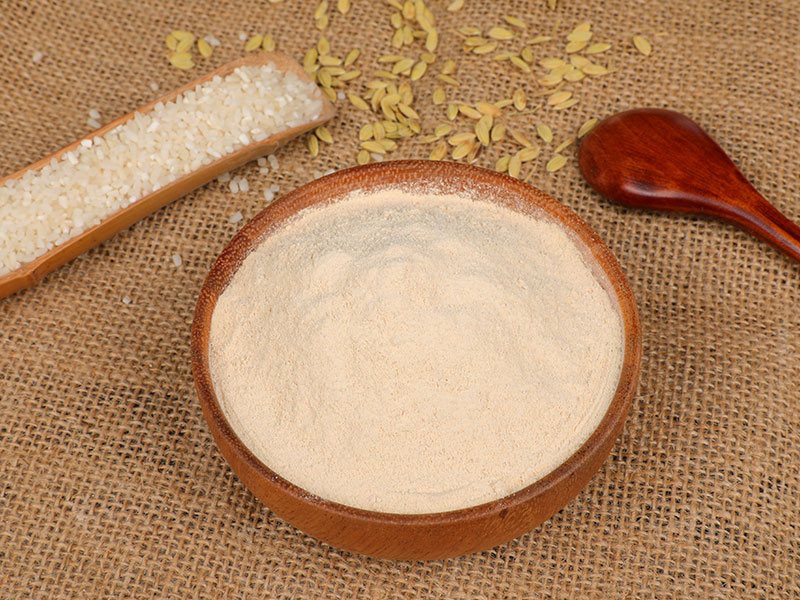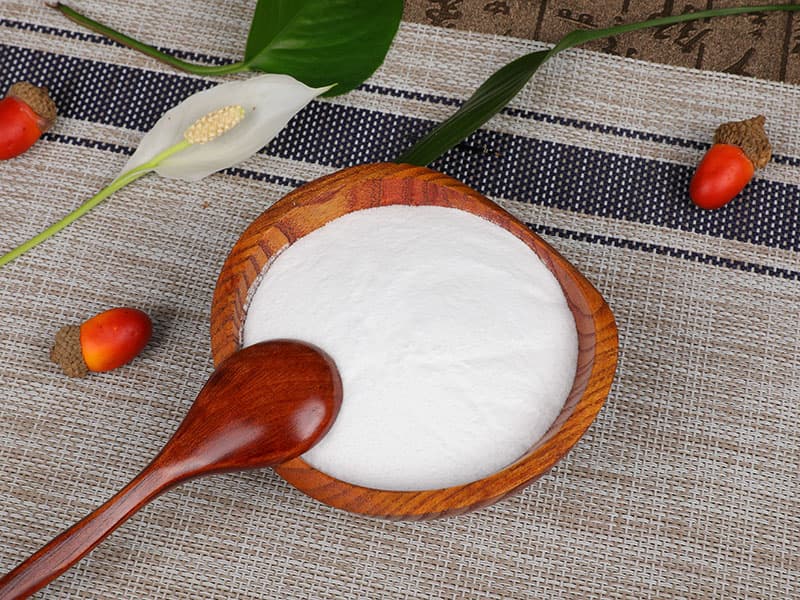Glucose Monohydrate, a versatile compound, finds numerous common uses and applications across a wide range of industries. Expanding on its applications:
Food and Beverage Industry:
1. Sweetener: Glucose Monohydrate serves as a sweetening agent in the food and beverage industry. It is a preferred choice for various confectionery products such as candies, chocolates, and baked goods. Its sweetening properties enhance the flavor of these products, making them more palatable.
2. Texture and Moisture Enhancement: Beyond sweetness, Glucose Monohydrate also plays a crucial role in improving the texture and moisture retention of food products. It prevents crystallization and enhances the overall quality of foods, particularly in items like ice creams and baked goods.
Pharmaceutical Industry:
3. Excipient: Within the pharmaceutical industry, Glucose Monohydrate is employed as an excipient, which is an inert substance added to a medication to provide stability, aid in drug formulation, and facilitate binding of active ingredients. It is used in various pharmaceutical formulations, including tablets, syrups, and injections.
Sports and Energy Drinks:
4. Quick Energy Source: In sports and energy drinks, Glucose Monohydrate is added as a source of quick energy. It helps replenish glycogen stores and provides a readily available source of carbohydrates. This is especially important for athletes and individuals engaged in intense physical activities who require immediate energy.
Medical Applications:
5. Diagnostic Testing: In medical settings, Glucose Monohydrate is used for diagnostic purposes, such as in glucose tolerance tests. These tests are used to diagnose conditions like diabetes. Additionally, it is utilized as an energy source in intravenous solutions to provide hydration and nourishment to patients, especially those who are unable to consume food orally.
Industrial Applications:
6. Fermentation: In the industrial sector, Glucose Monohydrate is essential for fermentation processes. It serves as a primary carbon source for microorganisms involved in the production of various products, such as ethanol, enzymes, and organic acids.
7. Biotechnology: Biotechnology applications often involve Glucose Monohydrate as a carbon and energy source for the growth of microorganisms in bioreactors. This is crucial in the production of bio-based products and pharmaceuticals.
8. Raw Material for Chemicals: Glucose Monohydrate acts as a raw material for the production of various chemicals, including citric acid and sorbitol. These chemicals are used in a wide range of industries, from food and beverages to pharmaceuticals.


 English
English 中文简体
中文简体





